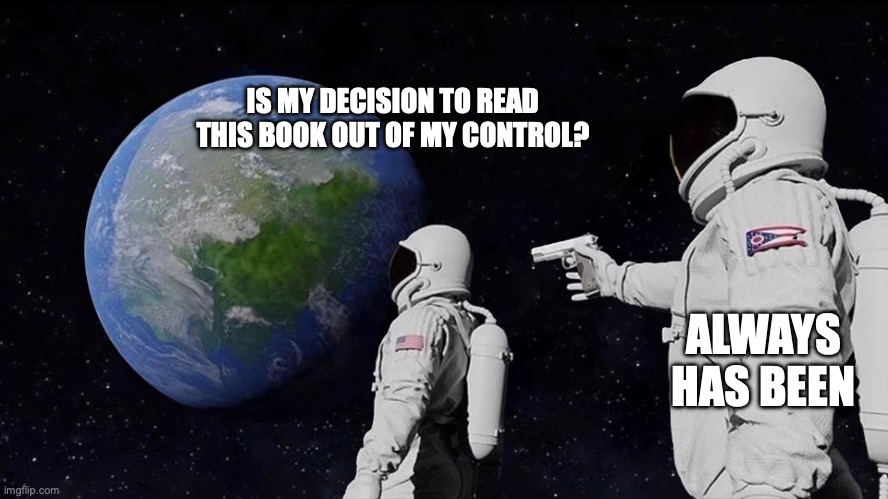
Sponsored By: Napkin
This essay is brought to you by Napkin, the first app for intentional collection and mindful reflection on ideas. It magically connects them by topic, and curates flows of your ideas and insights, ensuring they remain fresh and continue to inspire you daily. Napkin is almost ready for the big launch.
Every subscribers get priority access to the Napkin beta.
I fucking hate free will debates.
They are the lowest-common-denominator of philosophical discussions. They reek of freshman-year philosophy majors, moldy marijuana, and the shallow profundity of Communist trust-fund babies. They are trite, heated, and mostly useless, like co-op board arguments over the color of the rug in the lobby.
I fucking love Robert Sapolsky, a Stanford neuroscientist whose books on biological behavior and stress, Why Zebras Don’t Get Ulcers, A Primate’s Memoir, and Behave, are some of the best science writing I’ve ever read. He is, in my opinion, the poet laureate of neurobiology. He is at once rigorous and humanistic, sardonic and compassionate, literary and scientific.
So you must be able to imagine my conflicting feelings upon learning that he wrote a new book (yay!) about free will (yuck!) called Determined. It’s like Scott Alexander writing a 10,000-word essay on the correct way to hang toilet paper. It’s like Annie Dillard writing a new book on whether or not a hot dog is, in fact, a sandwich. It’s like Bill Simmons writing a trilogy about whether Die Hard is really a Christmas movie. (Okay, okay, I’d read that.)
Despite my misgivings, I read an advance copy of the book. I read it in a single weekend and reread it again last week. And then I decided to write this review of it. (Freud would’ve had a field day analyzing the masochism in my reaction formation here.)
It is a book about why science says we have no free will, and how we might best live once we accept that. It is simultaneously moral, scientific, and compassionate. It is funny and irreverent. It is merciless in its attack on victim-blaming “pull yourself up by your bootstraps” philosophers. It contains the most magnificent and beautiful description of the anatomy of the sea slug that you will ever read.
It is both a masterpiece and a missed opportunity.
Sapolsky’s argument is this:
You shouldn’t blame people for stealing or murder. Anger or retribution for evil acts is “indefensible.” No one deserves praise, money, or status for working hard or having grit or being “good.”
Why? The universe is deterministic: our choices are predetermined by the biology of our brains and bodies. Free will does not exist. Therefore, moral responsibility, whether we deserve blame or praise for our actions, does not make sense, and our whole system of ethics and justice should be reconsidered.
In other words, getting angry at someone for murder is as irrational as yelling at a hurricane. Locking people up should be a sober affair, driven only by their potential to do harm in the future and not as retribution for past offenses.
By the same token, hard work and good behavior are also a happy accident of our genes and our environment. The ability to work hard is just as much a product of luck as an attractive person’s face.
Sapolsky says that this is the only possible conclusion if you take seriously the biological evidence he is about to present. He takes pains to say that he is not presenting the partial view—that biology “sometimes” impinges on our behavior. Rather, all of our behavior is biologically determined; therefore, we have no control over it and are not morally responsible for our actions.
But then he also does something curious—he flinches:
“I haven’t believed in free will since adolescence, and it’s been a moral imperative for me to view humans without judgment or the belief that anyone deserves anything special, to live without a capacity for hatred or entitlement. And I just can’t do it. Sure, sometimes I can sort of get there, but it is rare that my immediate response to events aligns with what I think is the only acceptable way to understand human behavior; instead, I usually fail dismally.” [Emphasis mine]
That occurs on page 10 of a 500-page book. It’s a perfect encapsulation of why “disproving” free will seems such a fool’s errand. You’re telling me that I’m about to read a tome about the science of why we have no free will and its radical consequences for our ethical behavior—and though you’ve spent your life with these conclusions, you can’t get yourself to internalize and live by the argument?
This is why I hate free will debates. If an illusion is so strong that despite decades of effort you still act according to its dictates, you might be confused about what the word “illusion” means.It’s like saying the couch that I am writing this essay from is an illusion. That’s true—it’s in fact mostly empty space with a bunch of teeny tiny uncouch-like particles dancing a samba with each other beneath my butt—but I can still sit on it like it’s a couch.
After finishing the book, my conclusion is that Sapolsky is a mystic; he just hasn’t realized it yet. That’s why the book ultimately missed for me: He had the opportunity to connect the scientific insight he’s collected to a broad and deep tradition of individuals who have come to similar conclusions—and learned to experience and enact those conclusions. But he didn’t go there at all, rendering the book not actionable enough and therefore easily misinterpreted.
But it’s still an important read. Much of the way our lives are constructed depends on how much free will we think we have. Some of this is personal. If you’re beating yourself up for not working hard enough or for snacking too much, this is an important book. Likewise it is if you care about justice in the world—about how we habitually shame or incarcerate people for circumstances that are outside of their control.
So, in this review, I’ll give a brief overview of Sapolsky’s basic argument. I’ll then summarize what I think he’s missing. And finally, I’m going to write what I hoped the book might say.
Ready? Let’s go. We’ll start with Sapolsky’s basic argument.
'Free will doesn’t exist because we can’t find it anywhere'
Let’s say a man pulls the trigger of a gun and shoots someone.
Presumably, there is a set of neurons responsible for causing him to pull the trigger. In order to understand how that action occurred—how the muscles in his finger contracted—you’d have to understand the following:
- How the sights, sights, sounds, and smells the man experienced over the preceding seconds and minutes primed the neuronal action potentials in that man’s brain to squeeze the trigger
- How these neurons were influenced by whether the man was tired, hungry, stressed, or in pain at the time
- How the hormones in his brain over the proceeding hours to days changed his brain making them more likely to activate
- How any major catastrophic events over the previous months or years created the conditions for those circuits to form in his brain
- How his childhood experiences had affected his brain, particularly adverse events like losing a parent or being exposed to violence
- How the levels of hormones he was exposed to in the womb had affected his brain
- How his genes affected his brain structure (and how his childhood experiences affected the expression of those genes)
- How centuries of history and ecology shaped the culture he was raised in, and thus his brain
In other words, if you want to understand why a man pulls the trigger of a gun, you have to understand all of the preceding causes and conditions that gave rise to his brain in that particular state at that particular moment.
The Only Subscription
You Need to
Stay at the
Edge of AI
The essential toolkit for those shaping the future
"This might be the best value you
can get from an AI subscription."
- Jay S.
Join 100,000+ leaders, builders, and innovators

Email address
Already have an account? Sign in
What is included in a subscription?
Daily insights from AI pioneers + early access to powerful AI tools
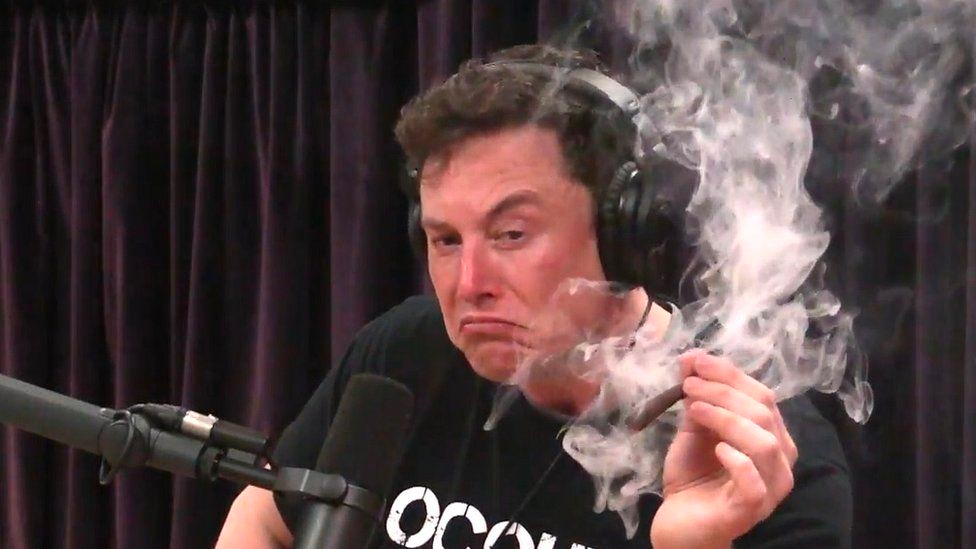






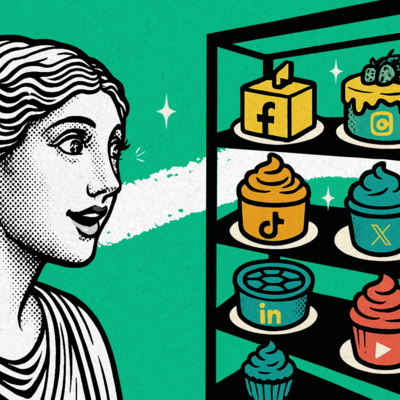
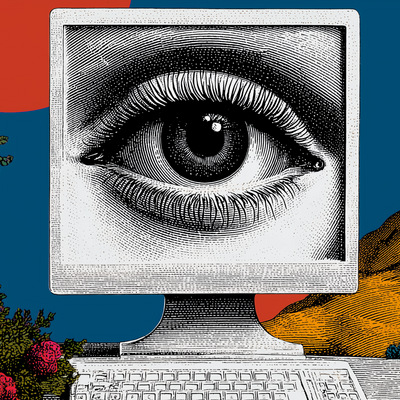
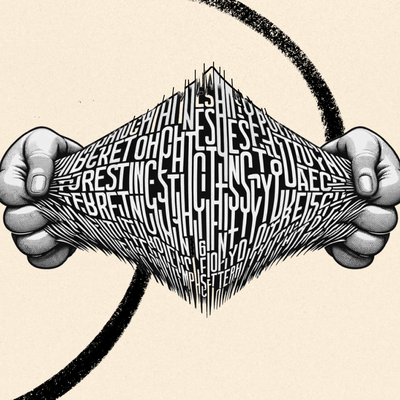

Comments
Don't have an account? Sign up!
Hey Dan! As always, loved your writing! However, I disagree with the first argument you make against free will.
“If you accept determinism and a lack of free will, and then change your decisions in any way, you’ve negated the argument. The moment you decide to forgive a murderer because free will is an illusion, you’ve affirmed your ability to make choices and, therefore, your belief in free will.”
Is this really the case? Is one not merely making a choice at this time? A different one than previously made, but a choice nonetheless. Who says that this new choice is not determined by our biology? The nature (biology) and nurture (environment/experiences) would influence whether they are more or less likely to change their choices, i.e., their ability to be flexible.
I tend to think in a way that aligns with Sapolsky (and compassion). However, I agree that philosophically free will or the lack thereof is hard to argue about. Particularly, because either point is non-falsifiable.
Best,
Arushi
Dan. Loved this. Sam Harris is obsessed with this notion. And his Waking Up app which teaches Buddhist Vipassana aka Insight meditation lets you explore the free will illusion during meditation. I recommend. Although once I did it, I kind of gave up all my pursuits and became a lazy ass for a while. It’s easy to get into a what’s the point mentality. Sam says free will is no doubt an illusion but that choices matter. A paradox I can’t wrap my head around. Of course I want to make the best possible choices. But how on earth do I have control over those choices? Mindfulness Meditation is advertised as helping you make more skilled choices. More compassionate choices. I am a long time consistent practitioner and I have seen myself able to pause watch my biological reaction then react from a “higher” more “compassionate” place. But that was not me doing it. It’s simply causal and conditional phenomena. What the heck am I supposed to do with that? Haha. Where I have landed is to try to surround myself with as much wise insightful inspirational and deep media and people. So that good mojo causes and conditions keep coming my way. Then the world is pushing “me” toward those wise compassionate realms. You are part of that media plan, Dan! Keep it up!!!